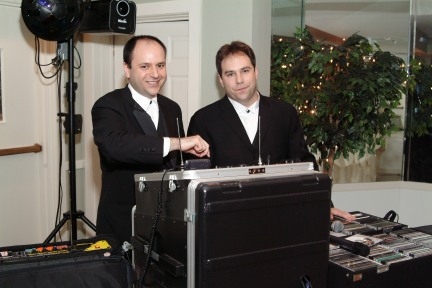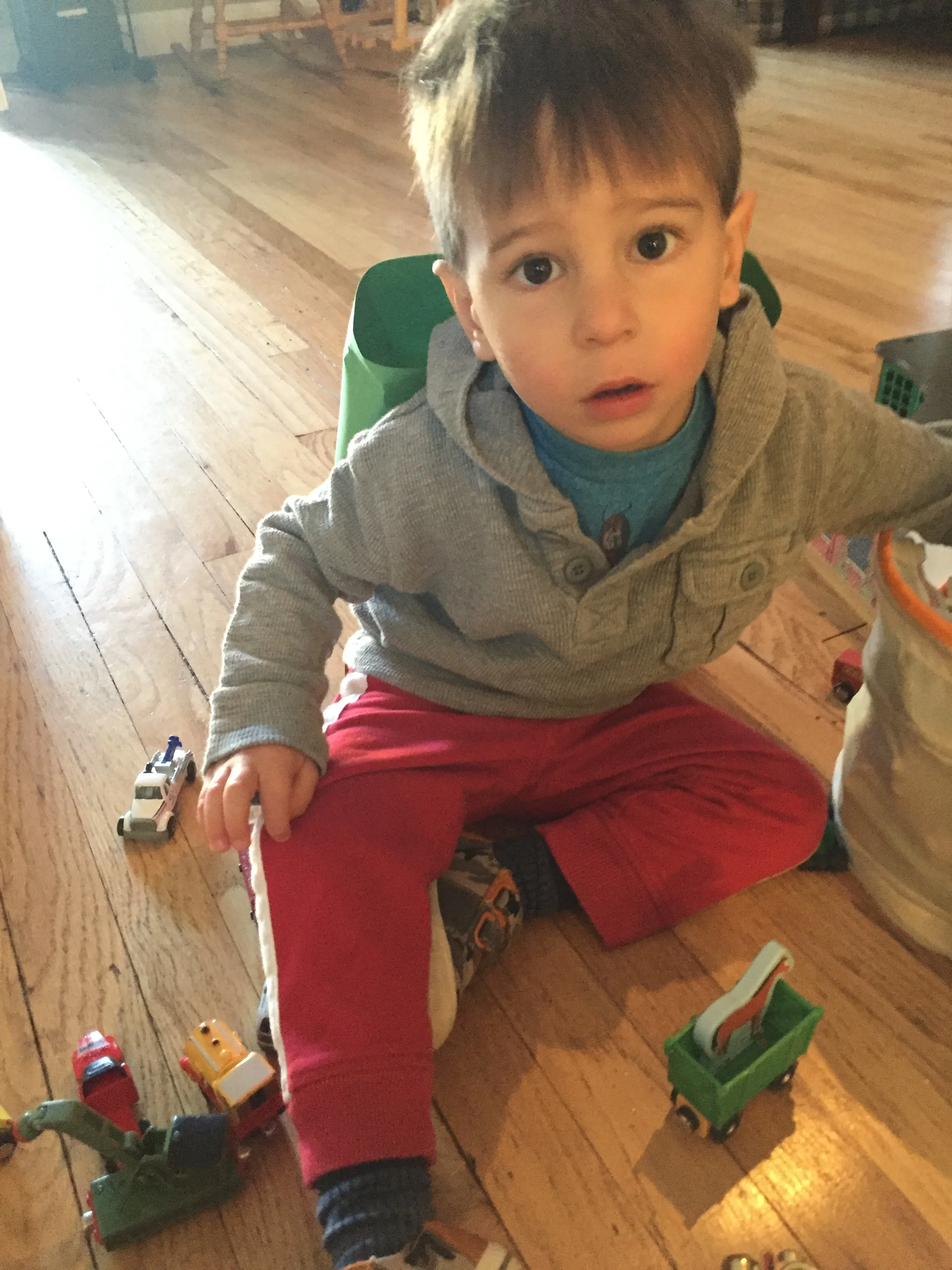My daughter's editorial proclivities bring me such joy for one special reason.
/One of the unexpected joys of parenthood is discovering that your child does something that you have done in the past, without any prompting on your part.
Recently, I've noticed that my daughter, Clara, changes the names of the people in the problems that her teacher assigns to her own name.
I did the exact same thing when I was a kid.
My wife, Elysha, had seen what appeared to be squiggle marks over the names, but because she had not engaged in this practice as a child, she didn't understand what it meant.
I knew immediately. And I love it so much.



























